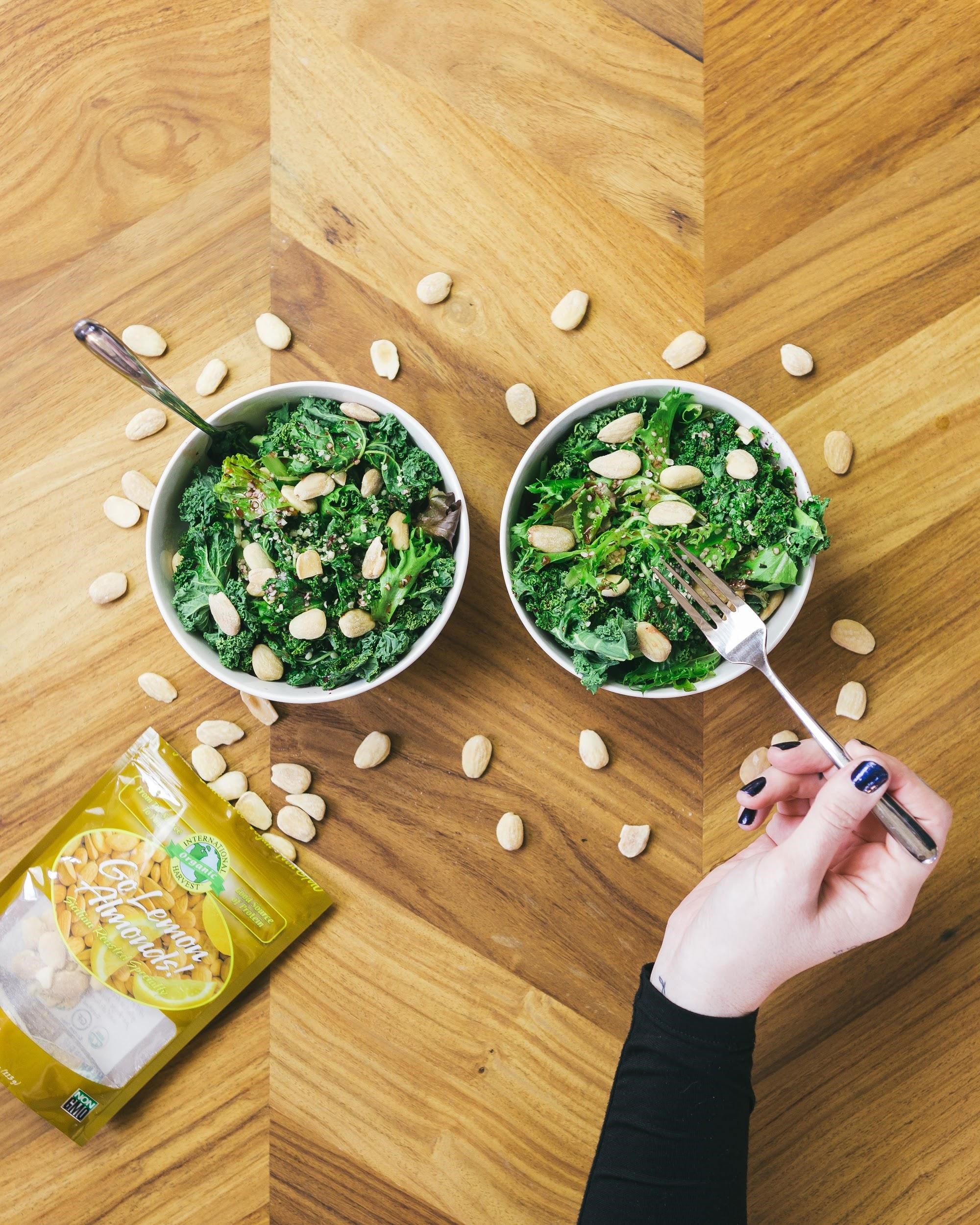Animal agriculture is a leading source of human-made greenhouse gas emissions, making going meatless one of the best things you can do for the planet's health. But what about your own health? Is a vegetarian diet really better for you, or is it all hype?
The case for going vegetarian
The health benefits of a vegetarian diet are well-documented. Eating vegetarian is associated with a lower risk of developing cancer of any type or dying from any cause, according to Harvard Health. Vegetarians are less likely to be overweight or obese than meat eaters, in turn reducing their risk of diabetes, heart disease, high blood pressure, and other chronic diseases.
Reaping the benefits of vegetarianism involves more than cutting out meat. After all, many highly-processed foods are vegetarian, but that doesn't make them healthy. Vegetarians should both eliminate meat and up their intake of whole, plant-based foods like fruits, vegetables, legumes, and whole grains.
Many people worry that a vegetarian diet can't provide enough protein. The truth is that most Americans get more protein than they need. Along with all that protein, Americans are getting higher cholesterol and an increased risk of death from diabetes or cancer. Most people only need 46-56 grams of protein per day, an amount that's easily met via vegetarian proteins like legumes, whole grains, tofu, and tempeh.
Fermented foods in the vegetarian diet
Tempeh? If you're not familiar with this great vegetarian protein, it's time to learn. It's one of many fermented foods that introduces beneficial prebiotic and probiotic foods into the gut microbiome, but it isn't the only fermented food vegetarians should include in their diet. Dark chocolate, sauerkraut, and kefir are just a few that help to improve gut health. The fermentation process also strengthens immunity, makes food more digestible, and increases the bioavailability of nutrients like iron, which can be harder to get in a vegetarian diet.
Getting started with vegetarianism
A nutritionally-adequate vegetarian diet isn't a difficult concept. However, it is important to plan before making the switch.
The first step is deciding if you'll include eggs and/or dairy in your diet. Eggs and dairy make it easier to get enough protein and vitamin B12, but aren't necessary for a balanced diet. Vegetarians who exclude eggs and dairy should take B12 supplements and/or eat fortified foods to get enough of this important vitamin.
The simplest way to transition to vegetarianism is by replacing meat in favorite recipes with a vegetarian protein. Beans replace meat in chilis and tacos, tofu delivers protein in stir-fries, and veggie burgers offer a convenient alternative to beef patties. Once you're comfortable with these meatless meals, experiment with new dishes like whole-grain salads, vegetarian curries, and tofu scrambles.
Eating out can be difficult when you're vegetarian, but restaurants are increasingly catering to plant-based eaters, and many cities have dedicated vegetarian and vegan restaurants. If eating at a new restaurant, check the menu online to look for vegetarian options. If you're stuck at a restaurant without a vegetarian entree, take a mix-and-match approach to side dishes, salads, and appetizers to create a satisfying meatless meal.
Going vegetarian might not turn you into a superhuman overnight, but over the long term, a vegetarian diet makes a real impact on your health. And not only is eating meatless good for you, it's also easier than you think. Start experimenting with vegetarian cooking, and consider making your own switch to meat-free living.
Image via Unsplash

